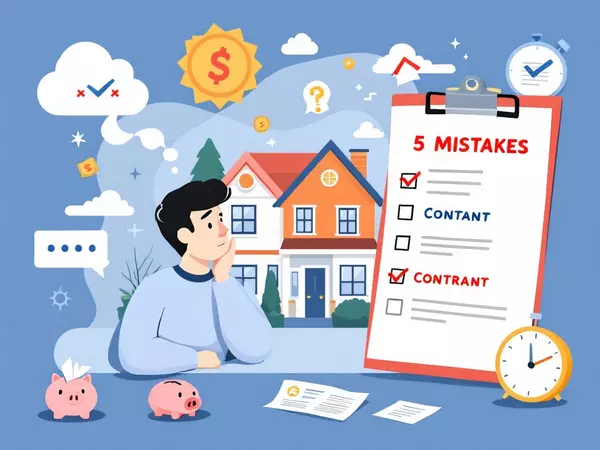
Sellers Lost $1 Billion Skipping the MLS—Here’s How to Avoid That Mistake
If someone told you that selling your home off-market could cost you thousands—would you still do it? That’s exactly what happened to home sellers across the country who chose to sell outside the MLS (Multiple Listing Service)—the main database where real estate agents list homes for sale. A new Zil

Embracing the Future: How Pantone's Color of the Year 2025, Mocha Mousse, Can Transform Your Home
As we step into 2025, the world of design eagerly welcomes Pantone's Color of the Year: PANTONE 17-1230 Mocha Mousse. This rich, warm hue not only sets the tone for fashion and design industries but also influences how we perceive and interact with our living spaces. For homeowners and real estate

Navigating the Real Estate Market: Insights and Strategies for Sellers
How’s the Real Estate Market? Real estate often feels like the weather—it’s all about local conditions. While national trends give us a forecast of what’s ahead, it’s the local data that really matters. In the Northeast, inventory levels are at historic lows—the lowest since 1995. According to the
Recent Posts











